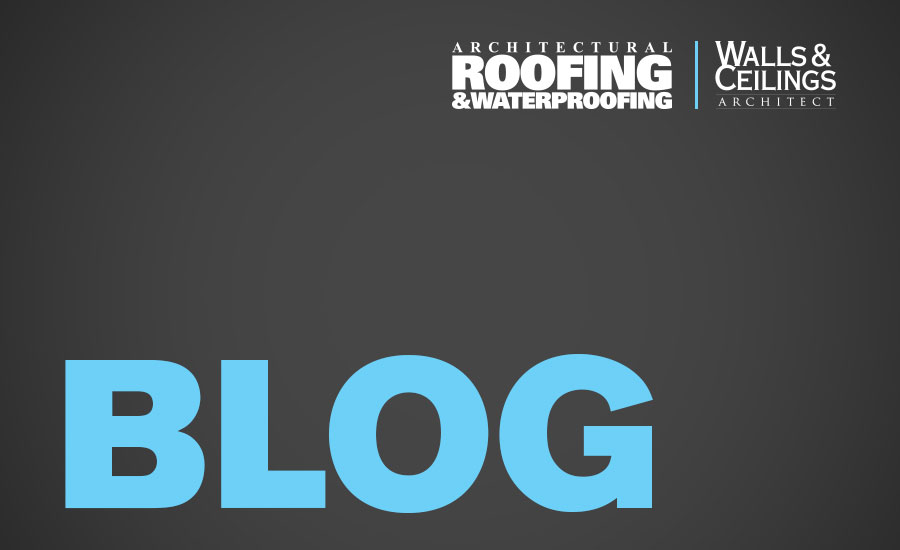Once the moisture source is eliminated, insulation will physically dry out from normal building environmental elements — building heat rises through insulation. It may appear to be dry by sight, and — in the case of some insulation materials — it may appear to be dry from the touch. Once wet, no insulation material fully recovers its original structural and thermal capacity. Bottom line: Just because it looks dry does not mean it is dry.
The only true way to determine if insulation is dry is through gravimetric testing. Gravimetric testing determines the percentage of moisture present in insulation. Each insulation material has its own coefficient of acceptable moisture percentage. This is the point at which the insulation’s thermal and structural capacity diminish.
It should be pointed out the IBC indicates that all wet insulation must be removed from an existing system for a roof re-cover application. The code also states that only one re-cover application is acceptable on a low-slope roof system. Furthermore, some states and local codes indicate that if over 25 percent of a roof area has wet insulation, the entire area requires removal.


Recent Comments
These are actually very helpful tips. It is...
This is the most beneficial blog for all...
This blog is a great resource for anyone...
Thank you for sharing this important information. I...
This is a very interesting subject of the...